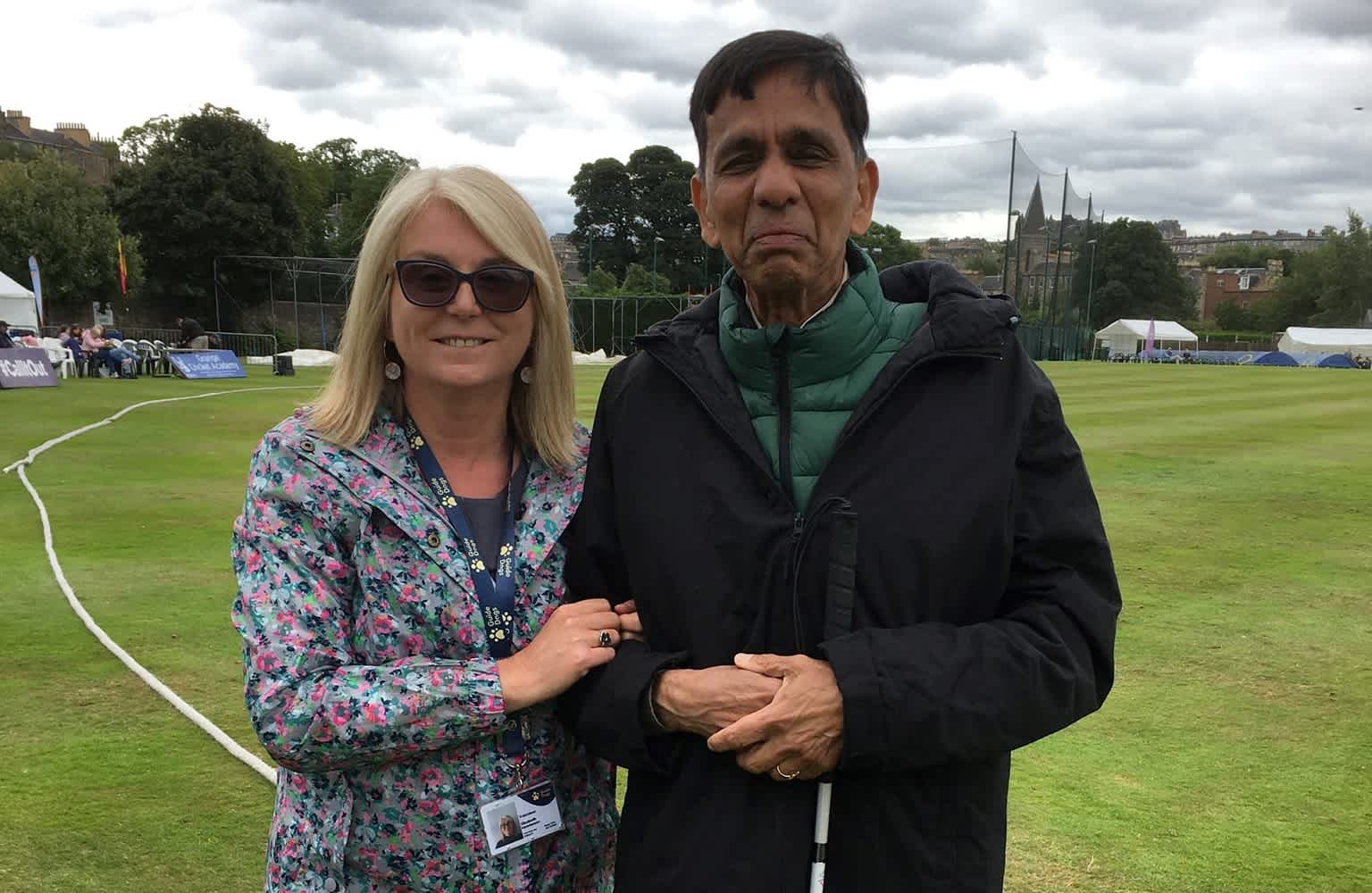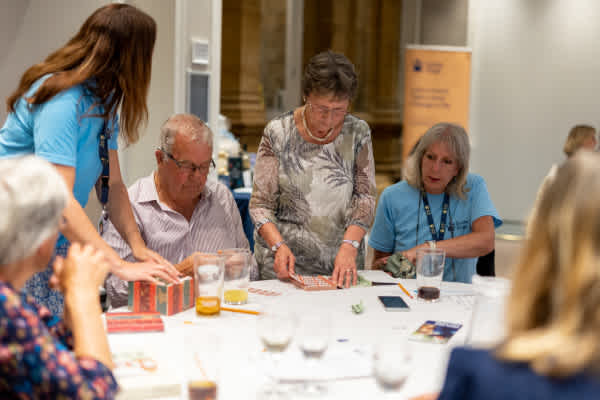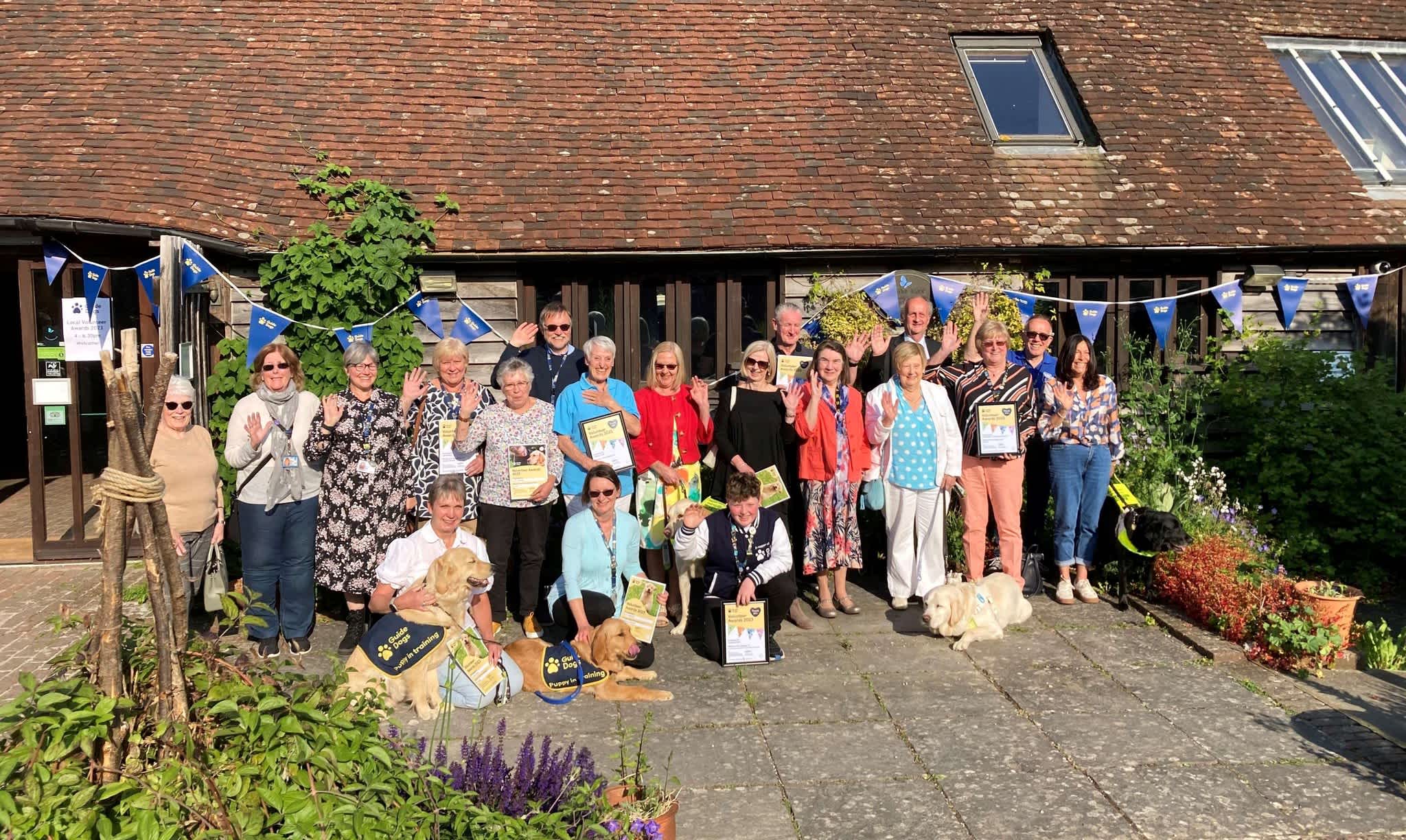With as many as 315,000 18-year-olds applying to university in 2023*, numerous parents and guardians’ homes will become empty nests this September – with many admitting to feelings of nervousness (41%) and sadness. However 27% parents expressed feelings of happiness at the prospect of what their increased freedom and time could bring.
Parents and guardians will have an average of four hours left empty a day - something that worries over two-fifths (42%) who feel unsure of how to fill their time. But nearly a third (30%) are excited about the newfound freedom.
In fact, in a survey of 1,000 UK parents with a child leaving home in the next year, research found eight in 10 see the time as a brand new chapter to be embraced (83%). Two thirds (65%) want to find a new purpose, such as taking up a new hobby (43%) or setting a new fitness goal (33%), whereas others would want to go travelling (32%) or give back to society (19%), such as volunteering for a charity.
Guide Dogs carried out the research to highlight the diverse volunteer roles that contribute to helping people with sight loss live full, independent lives, such as caring for guide dog puppies or fostering guide dogs in training. These roles are appealing to those who want to provide nurturement and fill the void left as their children leave home.
When Paul Hincks’s wife sadly died of cancer 19 years ago, he was left to raise three boys on his own, with the youngest at just seven years old. Now they have all grown up and moved on and, as Paul was working from home a lot on his own and approaching retirement, he was concerned about what he was going to do next. Paul is partially sighted and had always followed the work of Guide Dogs, so when an advert popped up on his Facebook for volunteer Puppy Raisers, he thought this would be the perfect role for him.
Paul, 65 years-old from Nuneaton, says: “I’m not going to lie, it’s not the easiest job in the world but it’s so incredibly rewarding. My latest puppy is quiet and doesn’t really bark, although she does tend to snore. Volunteering has given me exactly what I wanted, a purpose each day to get up and something new to focus my energy on.

The first puppy I had has recently qualified as a fully trained guide dog and I feel so proud. It is a wrench when they first go, but when I saw him in training it helped as going on to help someone with sight loss is what it’s all about.
Paul, Guide Dogs Puppy Raiser

A Puppy Raiser volunteer provides a puppy with a vital foundation for its future role as a guide dog, helping them through basic training and socialisation in a caring home over 12 to 16 months. Whereas a Training Dog Fosterer provides love and lodging during evenings and weekends, while the dog is undertaking training with the Guide Dogs team, for around 26 weeks. Guide Dogs covers all the dog’s expenses, including training, food and vet costs for both roles.
Making a difference
In spite of their importance and appeal, three-quarters (75%) of Brits haven’t heard of the Training Dog Fosterer or Puppy Raiser volunteer roles with Guide Dogs, but 62% admitted that having the company of a dog at home would ease the sadness of saying goodbye to their child and help fill the loneliness void.
In fact, helping to make a difference in someone’s life (57%), supporting people with sight loss and aiding those who want to own a dog (53%), and being a part of the dog’s journey to help support someone with sight loss (46%) are the main reasons people would like to volunteer for Guide Dogs.
Tracey Berridge, Head of Volunteering at Guide Dogs, said: “Just as many teenagers prepare to embark on their first life changing adventure, so too are our dogs as they begin their journey to become a guide dog. Becoming a Fosterer or Puppy Raiser is a wonderful opportunity for people who have a lot of love to give to dogs and they are hugely rewarding roles with lots of support along the way.
“It’s great to hear that over six in 10 (65%) parents and guardians would consider caring for one. Welcoming a canine companion into your home brings with it new adventures and experiences, and you’ll gain lots of new skills and confidence, all while playing a vital role in helping to make a difference to the lives of people with sight loss.”
Find out more about our different volunteering roles on our website.



